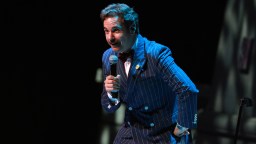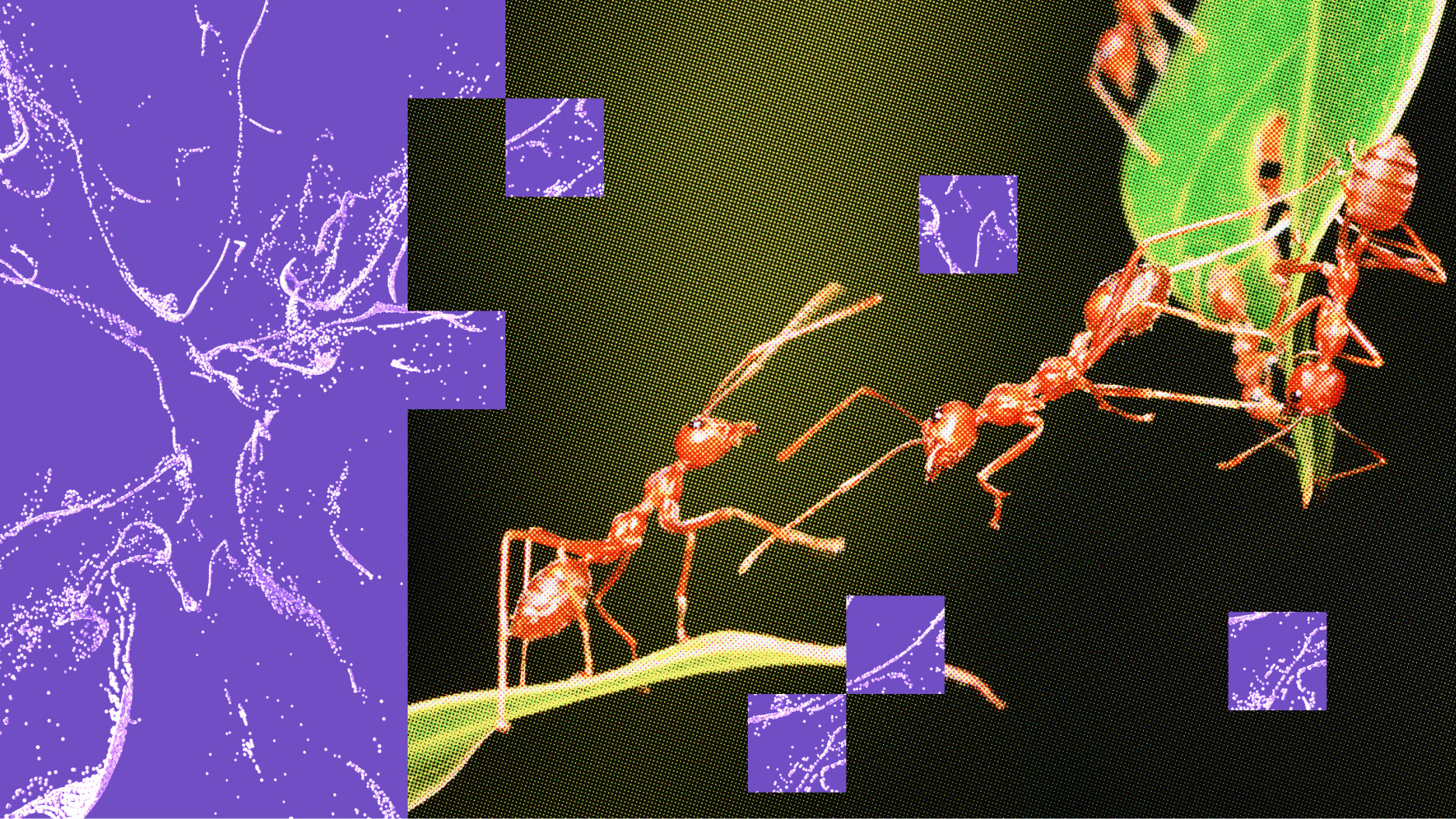Comedy is a sensitive subject. Different people find different things funny, and that range allows comedians to practice their topics on a small audience, fine-tuning it before it reaches a broader audience. This is an issue many comedians debate among themselves. They want to try new topics, new jokes, and fresh territory to see how the waters work.
Chris Gethard speaks out about the difficult nature of testing new material, and what trouble it’s brought him. Comedians Jim Gaffigan and Lewis Black have spoken about very similar issues, debating the place of PC culture on the comedy stage. While Lewis Black has stated that being PC can only get in the way of his humor, Gethard has a different opinion.
Sometimes, people do need to make mistakes. It’s only when a view is challenged, does anyone realize that they might need to change. Two views butting heads is one of main causes of change and progression. So Gethard does have a point, comedians do need the right to exercise their talents, and try something new – the creativity of comedy is refining the material until it’s at its best.
But there is a line, of course, though no one is really sure where that is. Some lines that don’t need to be crossed often are, and it’s usually to everyone’s detriment.
Gethard suggests a middle ground, the kind of humor he finds by practicing at college campuses. Millennials tend to understand PC culture much more than previous generations. As Adam Conover of Adam Ruins Everything points out, Millennials are the most diverse generation in America, with 42% identifying as non-white. They understand the delicate topic of race in a more clear-cut way than previous generations. Chris Gethard trust that college kids are a compass that will keep him in touch with good humor. And he also understands that if he makes a bad joke, and they don’t laugh, the proper thing to do isn’t to feel outraged or slighted, but to fall on his own sword.
People do actively say, like 'political correctness is killing comedy,' especially on college campuses. And it’s very, very interesting because I think a part of it is true. I think I’m a very notoriously positive comic. I think especially with the show I do it’s like very, very inclusive. We just did an episode called 'The Gender Fluid Polyamorous Prom' that was all about just including every lifestyle. And I think I'm notoriously on the PC end of things and I still get feedback from people that’s like really in attack mode about issues. And I’m like wow, I live on the fringe of – I live on the liberal progressive fringe of comedy, kind of notoriously and I get attacked sometimes. So I can imagine people who are a little bit more conservative, I think less – I think maybe some of the more blue collar comics take it on the chin.
But it’s a very, very interesting thing because comics tend to have this knee-jerk reaction of 'Well we’re creative people and our work builds by doing it on stage again and again. We should be allowed to say and do whatever we want.' And I think there’s a lot of truth to that. I think comics do need permission to fail. I think comics do need permission to go up and try stuff. I’ve said some things on stage where the crowd was like, 'Whoa, that’s bad' – and I never say it again because that’s the feedback I get. And there’s a part of me that knows so much of it’s Internet driven. If somebody had a camera on and put that joke on the Internet and it went wide I’d be like, 'No, that’s why I tried it. That’s why I went and tried it because - to know that it wouldn't work and that it would bug everybody out.' That’s why I wouldn’t want to do it again or at least fix the parts that turned everybody off. So it is tough.
But I think the other side of the coin that I think we as comics need to maybe cop to a little bit more is like we are allowed to say whatever we want. But also people are allowed to get as offended as they’re going to get. They’re allowed to and we don’t have to like it. They don’t have to like us and that’s totally fine. I think the troublesome point – like I have a friend Sam Morril. A great comic. Friend of mine, I know him through the comedy scene. We’re not the best friends in the world but I think he’s great and he’s such a sweet guy. And he made a joke once at a show that was really late at night that was billed as a really aggressively sort of like dirty risqué show.
And he made a joke that involved the topic of rape and I don’t think he’d say it was the most well thought out, polished material. And someone wrote about it on a blog and it really blew up – and it really blew up. And it’s tough because it’s like there are certain topics that shouldn’t be joked about. At the same time if a joke about a topic can hit, it can actually be one of the most powerful tools to fight back against things we don’t like. So I really felt like, man, this guy Sam is a sweet dude. I know him. He’s a sweet dude. And he tried a joke at a show that was meant to be awful material and he’s getting slammed for being awful. And he never wanted to put – he was never going to record that for an album or put it on a special.
So I remember thinking that was like – that’s like the nightmare scenario for a comedian and it’s not totally fair. But too many comedians use that as an excuse to just say whatever they want with no consequence and I don’t think that’s cool either. People want to get up and just say crazy things. People want to say stuff that’s like racist, homophobic, sexist. Just say like, 'Well I’m a comic, man, we’re the truth tellers in society! We just say whatever we want. You can’t judge us for it.' It’s like well you can. You can say whatever you want but if a crowd turns on you and if a think piece gets written that you've got bad intentions you might have to just own that. If you want to put that stuff out there you might just have to own it. It’s all valid. People’s reactions are as valid as our right to create. So I’ve seen situations that I think are really unfair to comics. I’ve seen situations where I think comics are really unrealistic about what creative expression and what the artistic freedom, what that entails.
I think there's a middle ground, I think there is. There's unfair sides to both. People – comics need to be able to experiment. People need to be able to express discontent. And too many people I think hide on the fringes of those as an excuse to attack and I think there’s a middle ground where artistic freedom can live healthily and people respect it. But yeah, I get mad. I hear too many comics. I kind of lean on that side where I hear comics going like, 'Well I said this thing and people just need to shut up.' And it’s like well they don’t need to shut up. That’s a little extreme. You said something kind of awful. Maybe you can take the note and rewrite that bit a little bit?
I think at the end of the day I’ll always dig colleges because I think young people give you good feedback. I think you always have to – if I ever lose touch with like – if my jokes ever stop hitting with young people I’ll probably retire immediately because it means I’m washed up and also those college gigs, they pay great cash, man.






